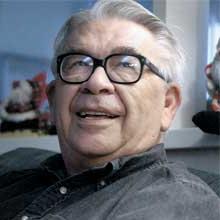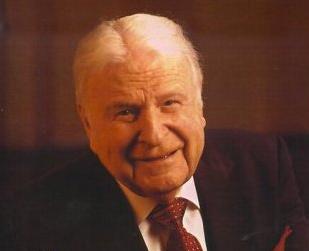A Quote by Stacey D'Erasmo
Historians of European royalty have written of the king's 'two bodies' : one mortal and corrupt; the other divine, abstract and timeless.
Related Quotes
All things whatsoever God in his infinite wisdom has seen fit and proper to reveal to us, while we are dwelling in mortality, in regard to our mortal bodies, are revealed to us in the abstract, and independent of affinity of this mortal tabernacle, but are revealed to our spirits precisely as though we had no bodies at all.
Ivan Ilych saw that he was dying, and he was in continual despair. In the depth of his heart he knew he was dying, but not only was he not accustomed to the thought, he simply did not and could not grasp it. The syllogism he had learnt from Kiesewetter's Logic: "Caius is a man, men are mortal, therefore Caius is mortal," had always seemed to him correct as applied to Caius, but certainly not as applied to himself. That Caius - man in the abstract - was mortal, was perfectly correct, but he was not Caius, not an abstract man, but a creature quite, quite separate from all others.
We are the spirit children of a Heavenly Father. He loved us and He taught us before we were born into this world. He told us that He wished to give us all that He had. To qualify for that gift we had to receive mortal bodies and be tested. Because of those mortal bodies, we would face pain, sickness, and death.





































